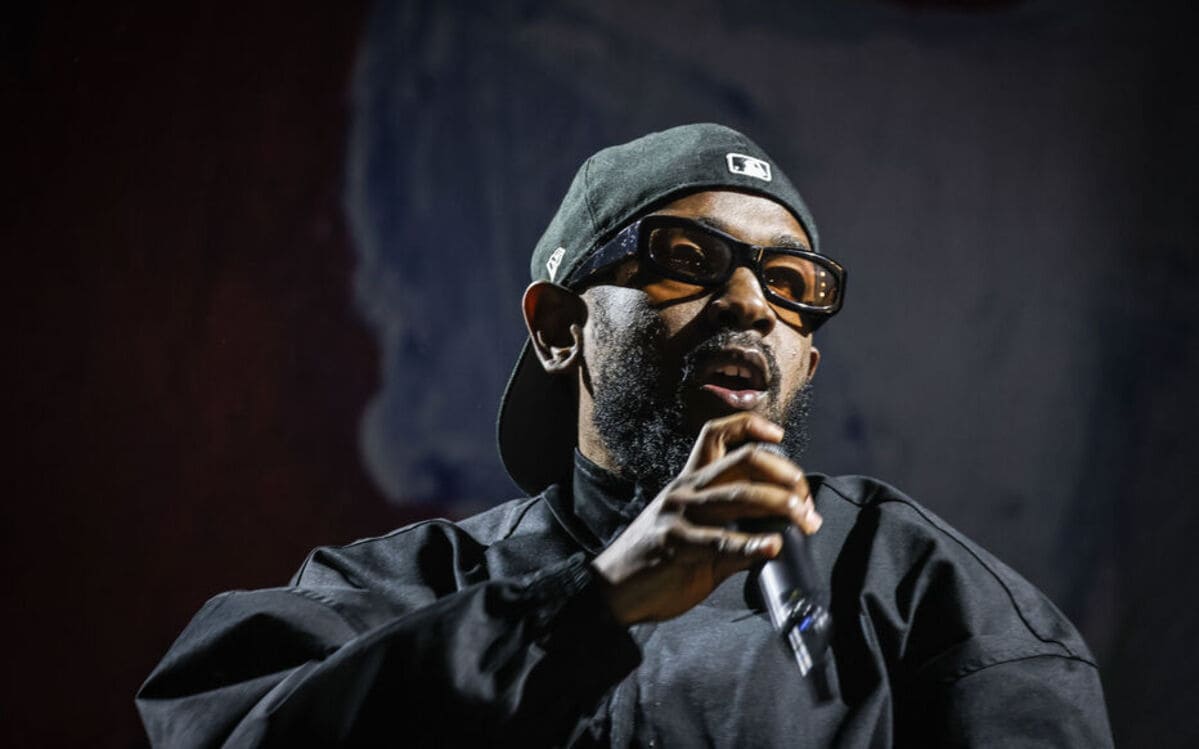Every year, the Grammy nominations spark excitement, debate and the occasional surprise. This time is no different. With the 2026 ceremony set for 1 February in Los Angeles, the Recording Academy has unveiled a list that celebrates emerging voices, returning legends and genre bending stars. Yet one notable absence has already become a talking point.
The heavy hitters dominate the nominations
Kendrick Lamar leads the pack once again with nine nominations, reaffirming his status as one of the most influential figures in modern rap. After sweeping the 2025 ceremony with the viral hit Not Like Us, he returns with a new wave of acclaim thanks to his album GNX and the track luther, a collaboration with R&B powerhouse SZA. Lamar’s consistency is remarkable; as critics at NPR have often noted, he remains one of the few artists capable of blending cultural commentary with mainstream success.
Close behind is Lady Gaga, earning seven nominations for her darkly theatrical album MAYHEM. After stepping back into film work in recent years, the pop icon’s return to the recording studio has clearly paid off, with reviewers praising the project’s dramatic edge and emotional depth.
Also in the top tier is Bad Bunny, who continues to redefine the global reach of Latin music. With six nominations, the Puerto Rican star is preparing for one of the busiest months of his career. In February, he will also headline the Super Bowl halftime show – a move that has sparked controversy among supporters of former US President Donald Trump, who criticise his outspoken views on immigration and his refusal to shy away from gender fluid fashion.
Rising stars and international favourites
This year’s list shows the Grammys leaning further into global sounds. Korean pop star ROSÉ teams up with Bruno Mars for their massive hit APT., earning a spotlight among the nominees. Billie Eilish also returns with her haunting track WILDFLOWER, while Justin Bieber marks his comeback with SWAG, his first album in four years.
Meanwhile, the soundtrack to Netflix’s animated sensation KPop Demon Hunters continues its meteoric rise. Its flagship single Golden has secured three nominations and cemented its place as one of the year’s defining pop moments.
One of the most exciting stories in the mix is Sabrina Carpenter’s rise. At only 26, she has earned six nominations, placing her alongside industry giants. Her growing presence, combined with an upcoming Coachella appearance alongside Justin Bieber, puts her firmly among the next wave of American pop stars.
Why Taylor Swift is missing from the list
While many expected Taylor Swift to dominate yet another Grammy season, her absence has a simple explanation: eligibility dates. Her twelfth studio album, The Life of a Showgirl, arrived in October – just outside the eligibility period, which closed on 30 August. The same issue affects Spanish singer Rosalía, whose album Lux was released after the cutoff.
Swift fans will have to wait until 2027, when her project is predicted to become a major contender. Given her track record – and the Recording Academy’s history of recognition – that forecast seems safe.
A changing Recording Academy
This year, the Recording Academy welcomed 3,800 new members, part of an ongoing effort to broaden representation and reflect what its CEO Harvey Mason Jr described as “the vitality of today’s diverse musical landscape”. Nearly 60 per cent of new members are people of colour, and half are aged 39 or younger. Members of the Latin Recording Academy were also invited, reinforcing the growing recognition of Latin music’s global influence.
A ceremony shaping up to be one of the most diverse yet
With rap, Latin pop, K pop, alternative R&B and cinematic pop all sharing the spotlight, the 2026 Grammys promise one of the most eclectic line ups in recent years. Whether Kendrick Lamar adds another armful of trophies to his collection, or whether a new voice takes centre stage, one thing is clear: this year’s nominations capture a music industry evolving faster – and more creatively – than ever.

